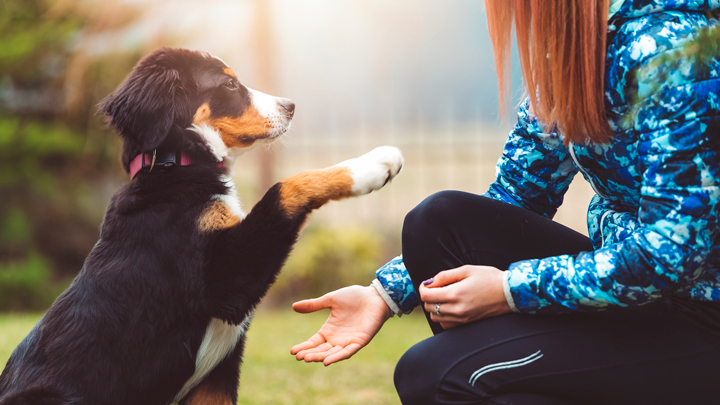When you bring home a new dog, one of the first things you may notice is that they seem to be constantly wagging their tail. While this may seem like a good sign, it could also mean that your new pup is anxious and needs some help adjusting to their new home. Here are some common problems that can occur when a dog begins living in a new environment:
1. Lack of Socialization – A puppy who doesn't get enough socialization may become skittish or aggressive when they're around people or other dogs. Make sure to take your new pup out for walks and introduce them to as many different people and animals as possible during their initial weeks home. You can also help them in such areas through professional help by navigating to https://www.tractiondogtraining.com/austin-dogtrainer.

Image source: Google
2. Separation Anxiety – A dog who's been left alone for too long may start to panic and become destructive or even violent if left alone again. Try crate training your pup for short periods of time and providing them with plenty of toys and treats while they're inside so that they know there's always someone waiting for them when they're done playing.
3. Housebreaking Problems – Dogs who are not house trained may soil their beds, bark unnecessarily, or even urinate in inappropriate places. Be patient; housebreaking usually takes
Working With a Dog Handler
Training a puppy is an important step in their development. Puppies need to be socialized from an early age and taught basic obedience skills in order to become well-mannered dogs. Here are some tips on how long it takes to train a puppy.
When you're first getting started, it's important to have patience. Puppies require lots of positive reinforcement (teaching them what they want to do is one way) and repetition in order to learn basic obedience commands such as sit, stay, come, and down.
Expect your puppy to make plenty of mistakes at first – that's how they learn! Just keep with the program, provide positive reinforcement when your puppy responds correctly, and be consistent. You'll see great results over time!
